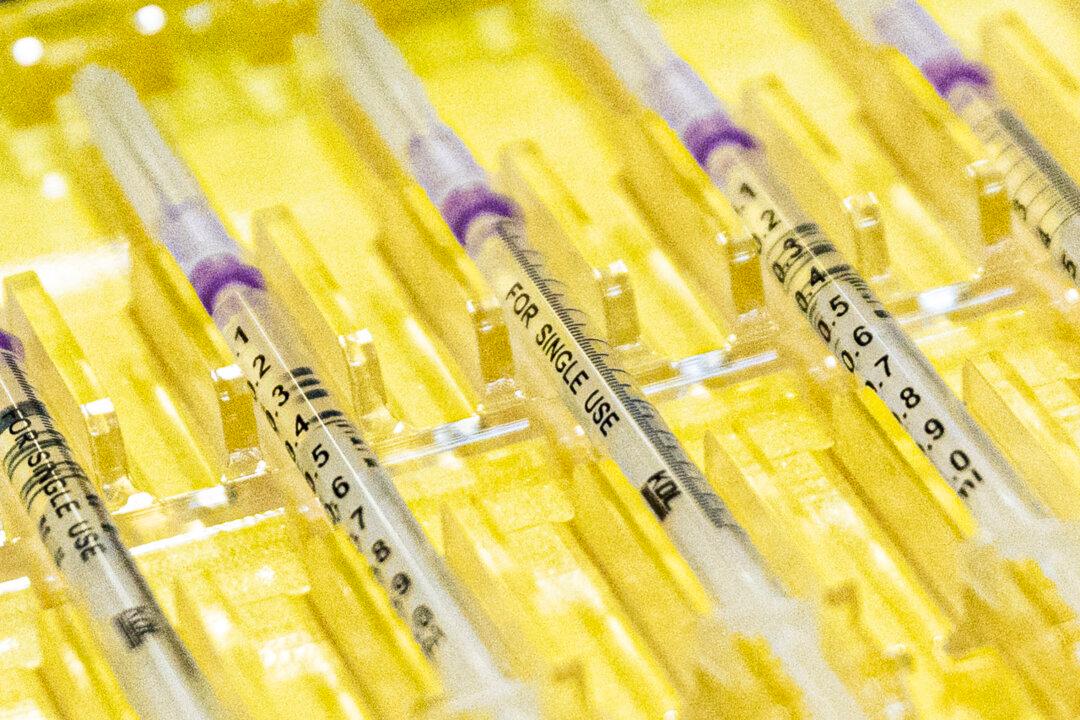A higher-than-expected number of heart inflammation cases have occurred in people who received Novavax’s COVID-19 vaccine, researchers reported in a new study.
Sixty-one cases of myocarditis, pericarditis, or both following a Novavax vaccination were reported in the World Health Organization’s vaccine safety database through Aug. 23, 2022, Spanish researchers found.





